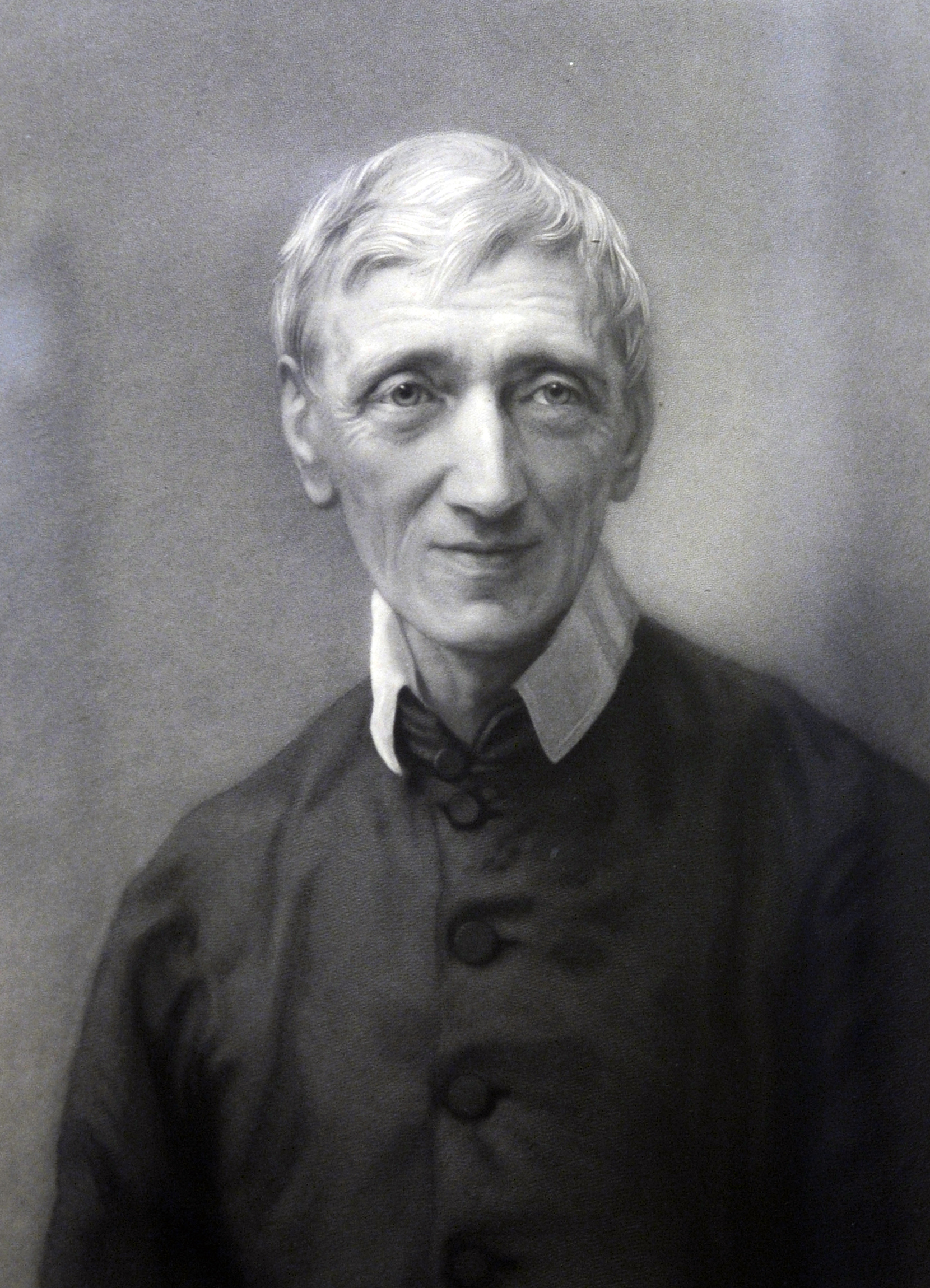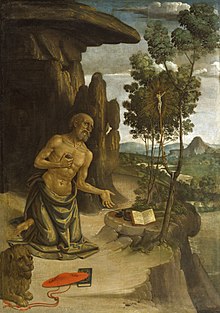President Trump is known for his sometimes vulgar use of Twitter. The TrumpTwitter Archive has a section entitled ‘Profanity’.
Twitter is of its essence a vulgar tool of communication – available to us all for the purposes of broadcasting anything we wish to share. We use the word ‘vulgar’ in a pejorative sense, to indicate the lowest form of speech of the common people, but the word simply means ‘common’, or ‘of the crowd’. Wikipedia is also a vulgar tool, though it has an authority derived from its distillation of the expertise of the crowd, and most of us use it as a source rather than a place to contribute our own content. In that sense it has something in common with the Vulgate Bible, for which Wikipedia has a good entry. It begins "The Vulgate is a late-4th-century Latin translation of the Bible that became the Catholic Church's officially promulgated Latin version of the Bible during the 16th century. The translation was largely the work of Jerome, who in 382 had been commissioned by Pope Damasus I to revise the Vetus Latina ("Old Latin") Gospels then in use by the Roman Church."
Vulgar Latin was the language spoken across the Roman Empire, which over a few centuries diverged so far from Classical Latin that by the 6th century it had given way to a number of different tongues now called the Romance languages. It survived in the Church, and by the 13th century Jerome’s had become the most widely adopted Latin bible in use, although it took another three hundred years and the arrival of the Reformation for the Council of Trent to sanctify its use in the liturgy – where it remained until 1979 when the Nova Vulgata succeeded it. Catholic time moves slowly.
Usually depicted as elderly, with bald head and flowing beard, Jerome was a combination of scholar and ascetic. He lived in the 4th and early 5th centuries, a Christian convert, and mastered the dominant languages of the scriptures – Latin, Greek and Hebrew. He was sought after as a teacher by men and women who wished to give their lives to Christ, but was not satisfied simply to be a teacher, instead preferring to develop his own asceticism, living part of his life in the desert and dying in a cave in Bethlehem, perhaps even the cave of the manger. A legend has him in the wilderness removing a thorn from a lion’s paw. In the history of the Church Jerome is the ultimate source of translation of the Bible into Latin, correcting the existing Latin version of the New Testament, and translating from the Hebrew Old Testament rather than its earlier translation into Greek. Other translations already existed, and more were made, but Jerome’s became the most widely used.
The history of the Bible in the Church is a lesson in sources and their purity, authority and its guardians. Hundreds of years go by, translations are made and remade, and painstaking efforts are deployed to produce a work that is essential and fundamental to our lived faith. The constant correction of language in the story of salvation embodies and refreshes its meaning. We worship ‘in word and in sacrament’.
These days we often follow individuals or societies on Twitter, using them as authoritative sources. Twitter’s reach is ubiquitous and its outpourings massive. Libraries scratched their collective head when it appeared, and recognised an archiving responsibility. In 2010 the Library of Congress began to archive the total public Twitter feed across the world. Three years later, it was acquiring half a billion tweets a day. At the end of 2017, with an unknown number of tweets in its archive (but probably heading towards a thousand billion), it called time, and now collects tweets only ‘very selectively’. It seems likely that those of the current American President are in that selection. Jerome, patron saint of librarians, would have been wary.
John MacColl is University Librarian & Director of Library Services at the University of St Andrews



 Loading ...
Loading ...
What do you think?
You can post as a subscriber user ...
User comments (0)